Civil society organizations are renewing calls for transparency in the recruitment of teachers as the government prepares to hire more than 2,000 educators for the 2025–2026 school year across the country.
The human rights organization ALUCHOTO expressed concern over “serious human rights violations” in the hiring process, citing risks of political interference, ethnic and regional favoritism, and gender bias—factors it says could undermine the quality of education.
Vianney Ndayisaba, the group’s national coordinator, has urged authorities to prioritize merit and competence when filling positions.
“We are aware of cases involving bribery, nepotism, favoritism, and undue influence, where high-ranking officials intervene to secure jobs for unqualified candidates,” Ndayisaba told BREAKING BURUNDI.
“Such practices hinder progress because they put incompetent and unqualified people in positions, ultimately lowering the quality of education,” he added.
Earlier this week in Burunga Province, in southern Burundi, Education Minister François Havyarimana announced that 2,295 teachers are expected to be recruited nationwide. An entrance examination is scheduled for September 12 in various communes across the country.
Debate Over Volunteers and Transferred Teachers
Ndayisaba also called on the government to recognize volunteer teachers who have served in schools without pay, warning that excluding them would be unfair.
“It is unfair when someone who volunteered and demonstrated commitment is replaced by someone who never contributed,” he said. “Those who sacrificed their time deserve recognition and encouragement.”
However, another rights group, SOJPAE, voiced a different perspective. Speaking to local radio station Bonesha FM on Thursday, its chairman David Ninganza expressed scepticism over prioritizing volunteers. Instead, he argued that unemployed graduates who have waited for years should come first.
“How does one become a volunteer? Who approves them? Who grants that opportunity?” he asked.
“It is disheartening to see someone who graduated eight years ago still unemployed, while a recent volunteer is given priority. That raises issues of fairness,” he added.
Ninganza also urged the Ministry of Education to reconsider the status of teachers who were transferred far from their families.
“There are teachers who were reassigned and now travel long distances every day. It would be better to bring them back to their original schools and assign new recruits to those remote areas,” he suggested.
Responding to these concerns, Minister Havyarimana said that over 70% of teachers transferred during the 2016–2017 academic year have already returned to their original posts, though not all will be reinstated—particularly those previously stationed in cities.

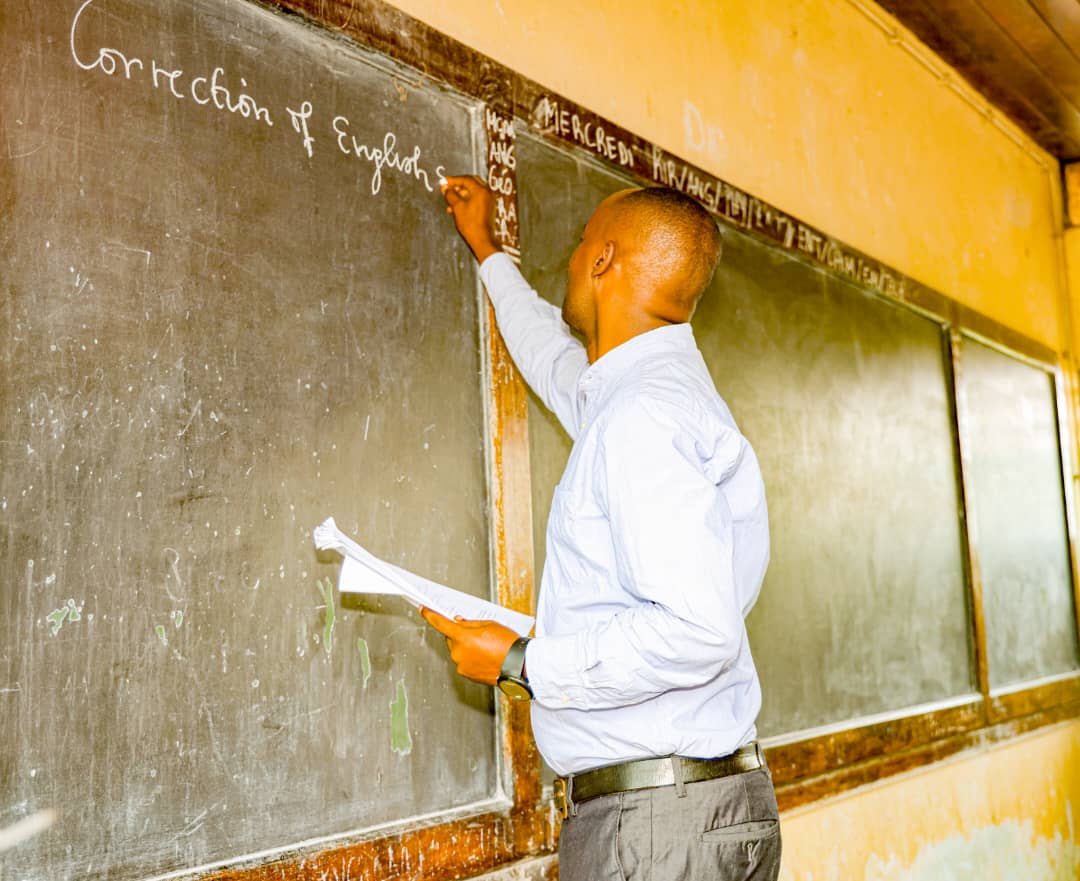
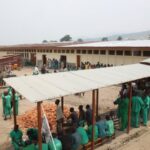

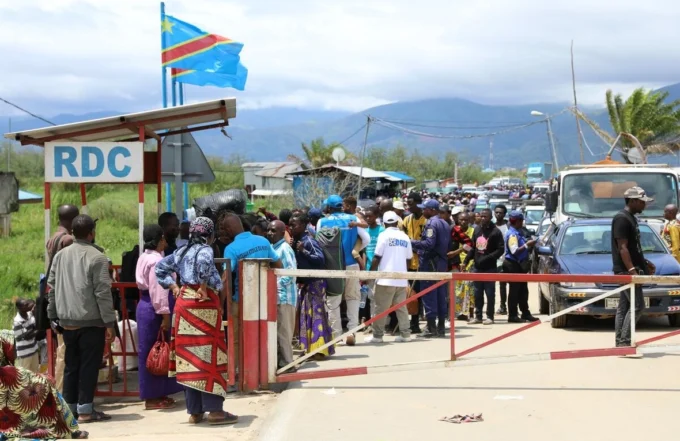
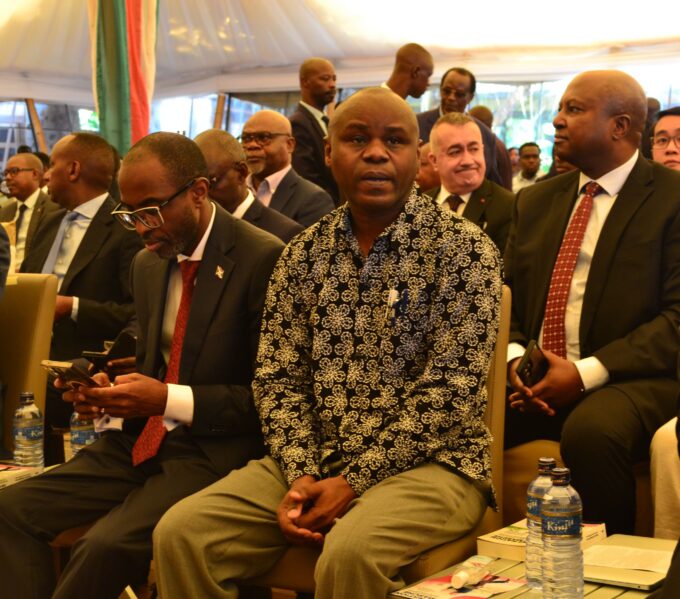
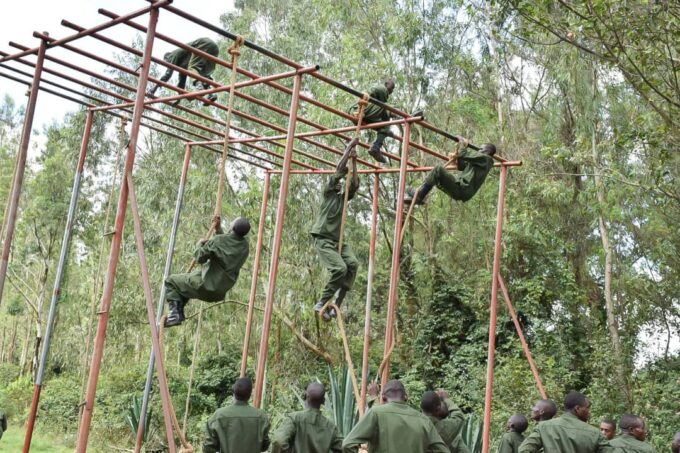
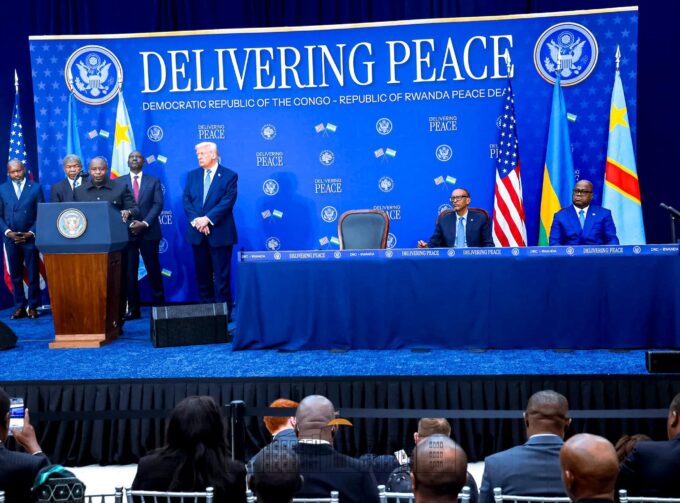
Leave a comment